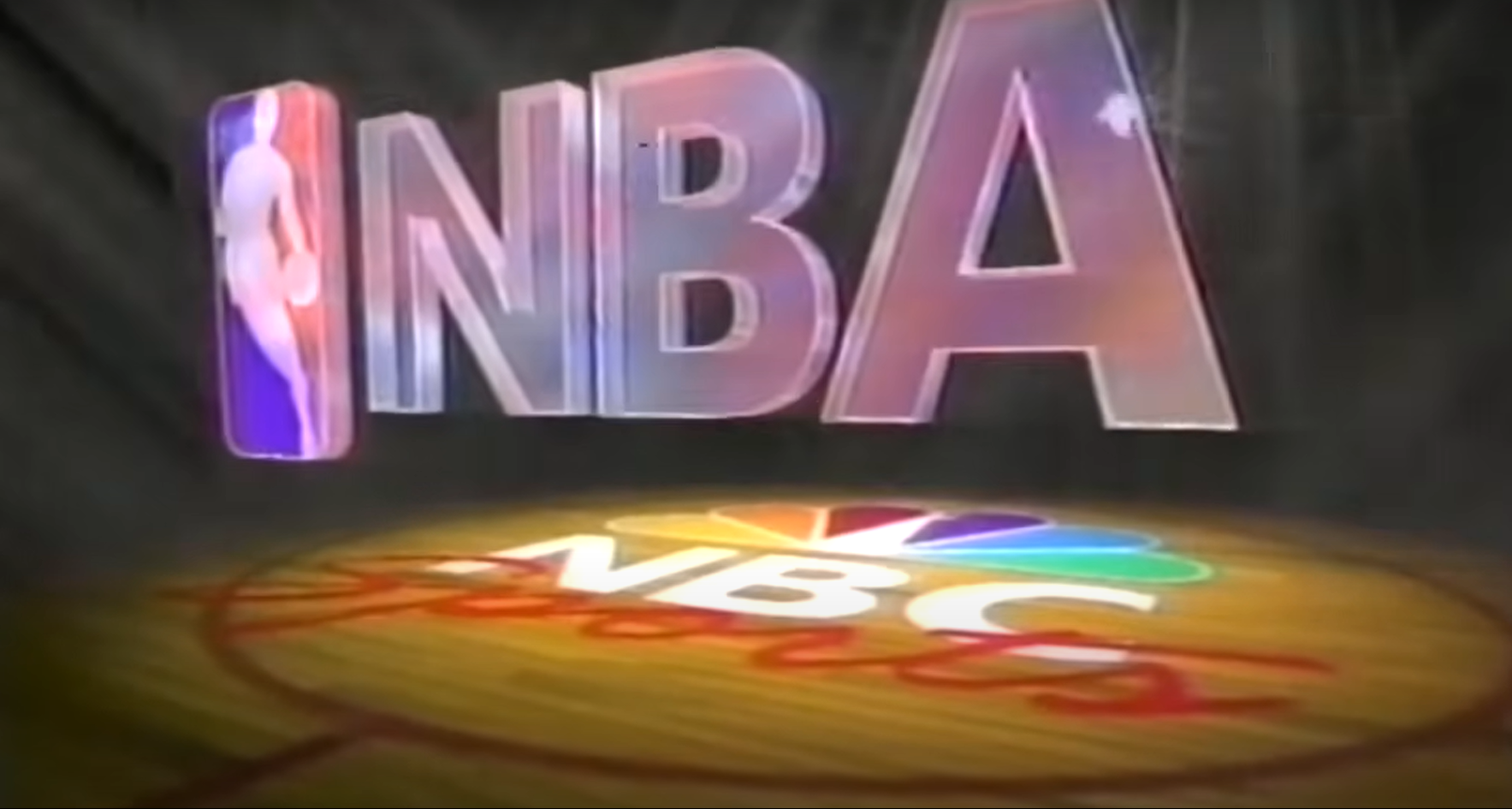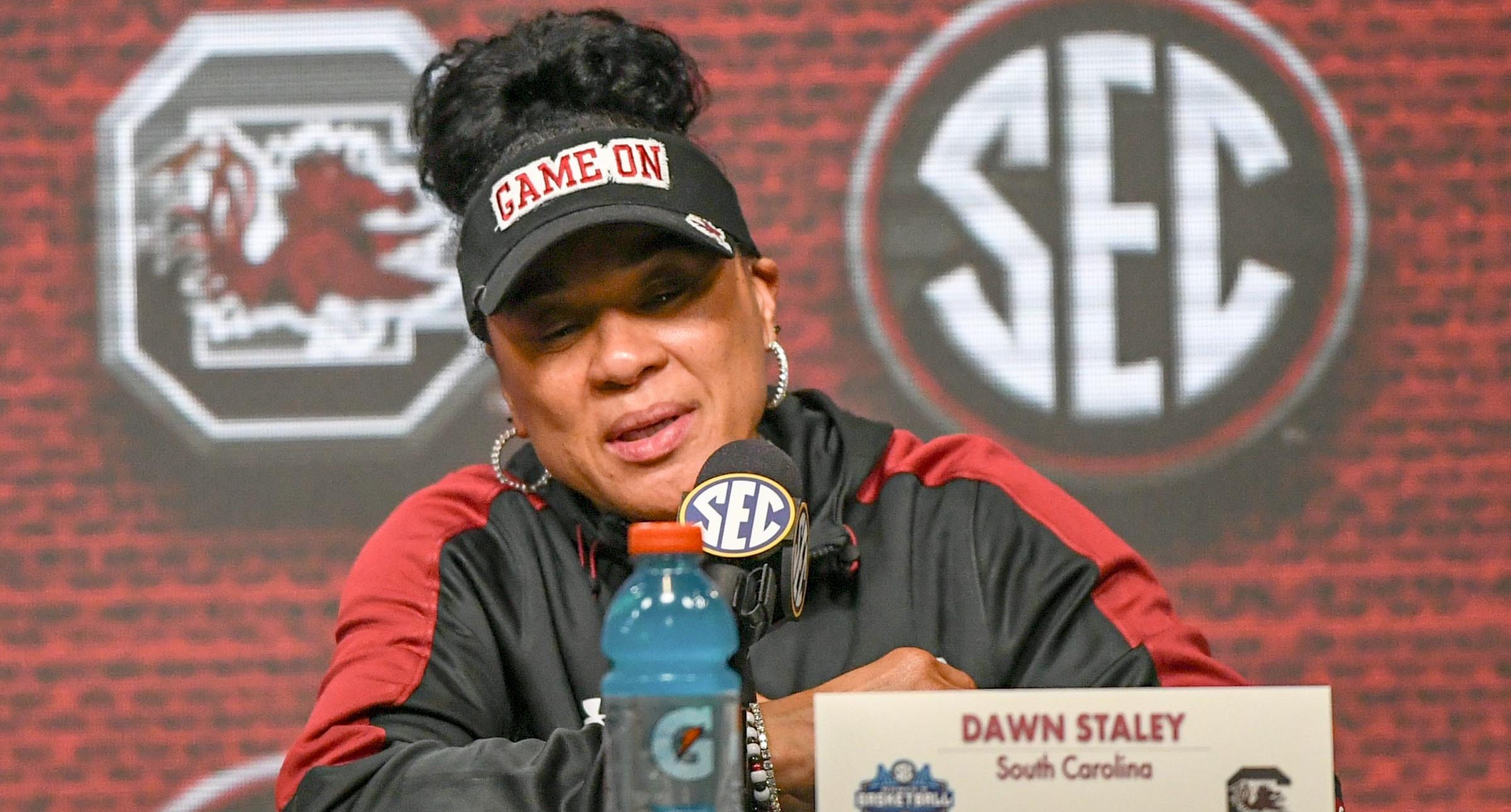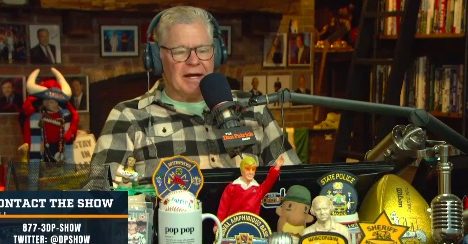The NFL recently clarified their hard-line stance against teams broadcasting highlights over social media. That’s a fairly outdated stance to take, and seems like a bad idea on two levels.
First, ruling teams aren’t in control of getting their own content to fans, and threatening massive fines should they disobey, is a strangely combative position to take with league membership. Second, preventing highlights from reaching as many people as possible as quickly as possible hardly seems like the best way to build the league or generate interest.
The Panthers have already mocked the policy, and on Sunday more teams joined in.
Here’s the Eagles illustration of an interception:
EXCLUSIVE highlight of Malcolm's pick. #FlyEaglesFly pic.twitter.com/AiP7FYe3Nf
— Philadelphia Eagles (@Eagles) October 16, 2016
And about fifteen minutes later, the Browns joined in with their interpretation of a Cleveland TD:
TOUCHDOWN BROWNS! pic.twitter.com/RjRt9DVlpB
— Cleveland Browns (@Browns) October 16, 2016
That’s…a remarkably similar aesthetic for social media highlight protests, and though it’s possible both teams came up with the idea independently, it seems more likely that this is a bit of collusion, and in fact other teams might have similar gifs lined up and ready to go.
It’s a commendably subtle dig, managing to comment on the regressive nature of the NFL’s policies while also being funny, and even charming in a way.
In any case, the NFL’s policy is really stupid. It’s yet another example of the league considering itself as the basis of fan loyalty, as opposed to individual players, or even teams. They want the team to run highlights through the league’s social media accounts, which the teams then retweet or share, giving the highlights league branding as opposed to team branding.
In other words, the NFL’s idea of promoting league unity is to pit the league office against individual teams, while making an adorably dumb assumption that people who watch the NFL are “NFL fans” first, and fans of their favorite team second.
All the while, league ratings are declining for a variety of factors. For a long time, the NFL had the best of both worlds, with a legitimate league-wide national interest as well as the passionate regionalism that currently defines the state of baseball viewership. But instead of trying to anticipate shifting landscapes or learning lessons from other leagues, the NFL’s signaling a strategy that is a slightly more advanced version of plugging a leaking boat with your hand.
That NFL teams themselves already realize how ridiculous the policy is, to the point of open protest, might mean that this particular policy gets revisited quickly.







Comments are closed.